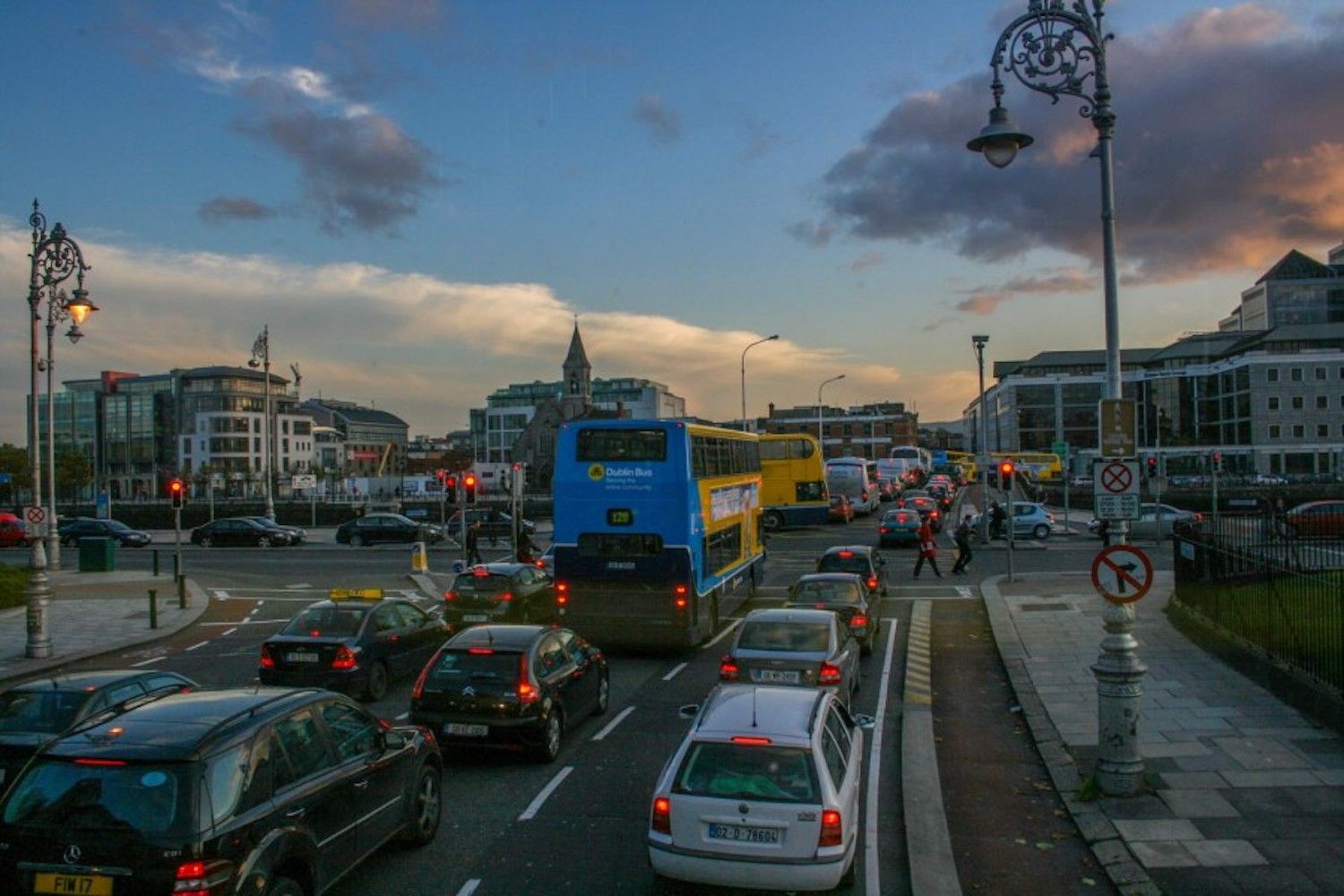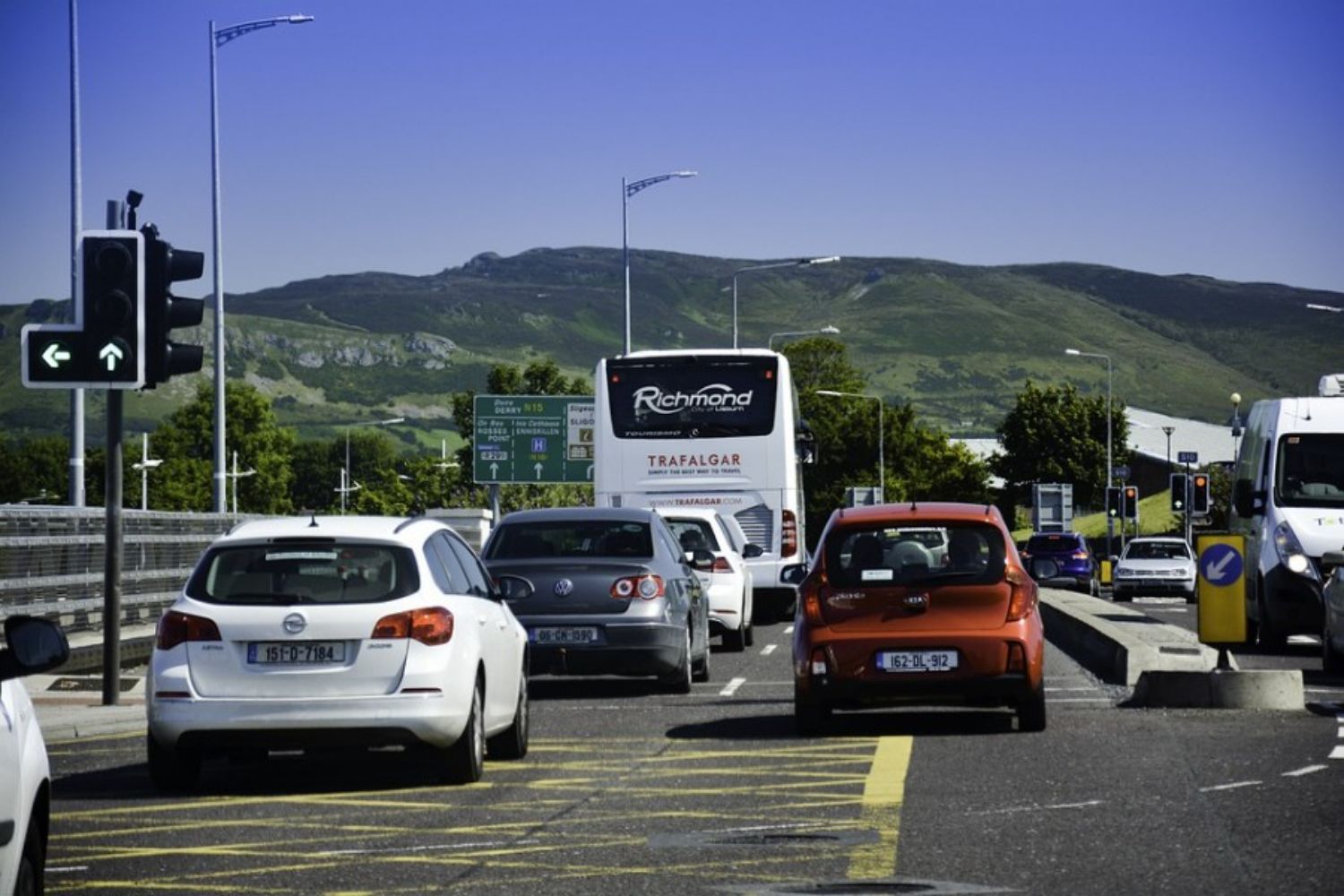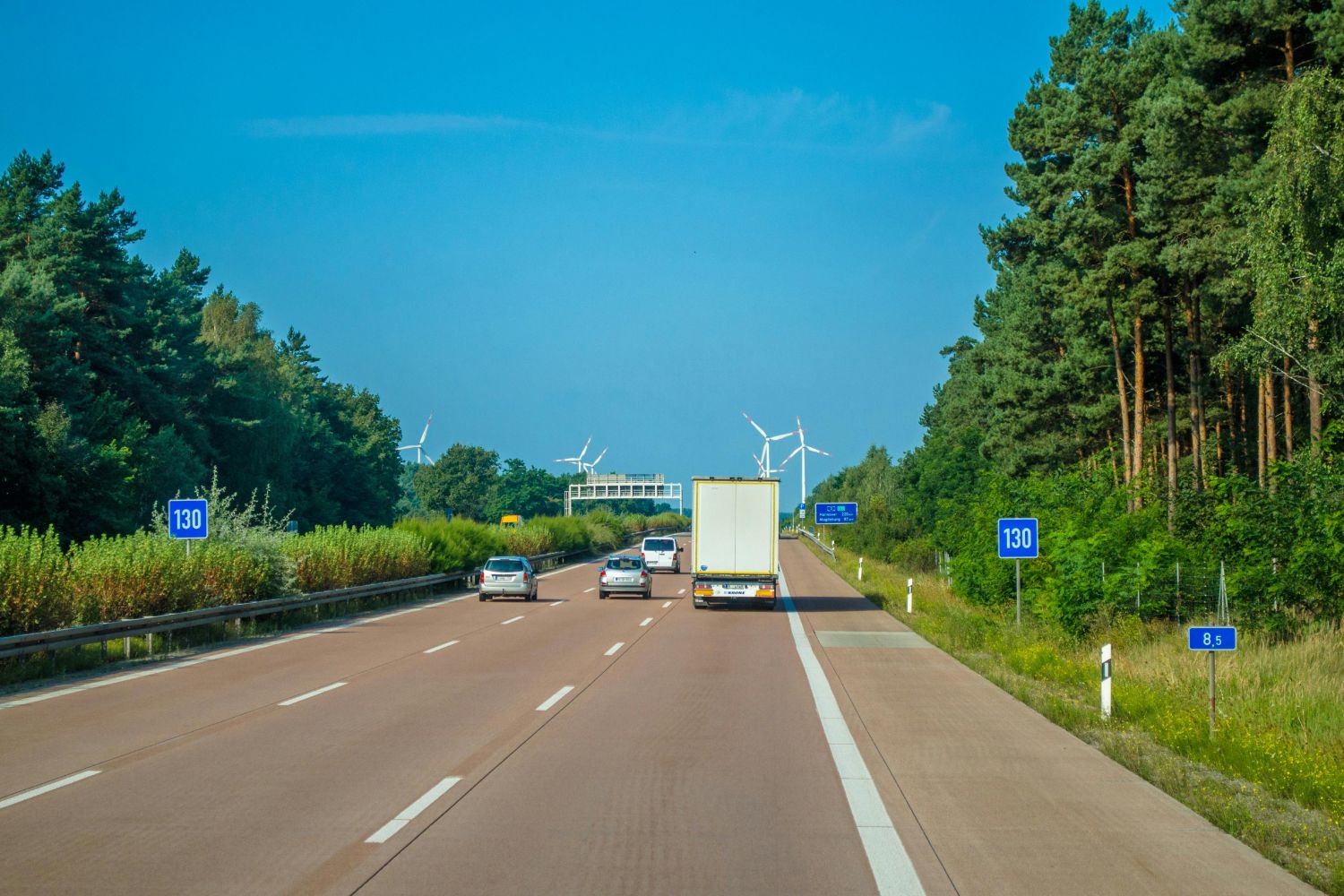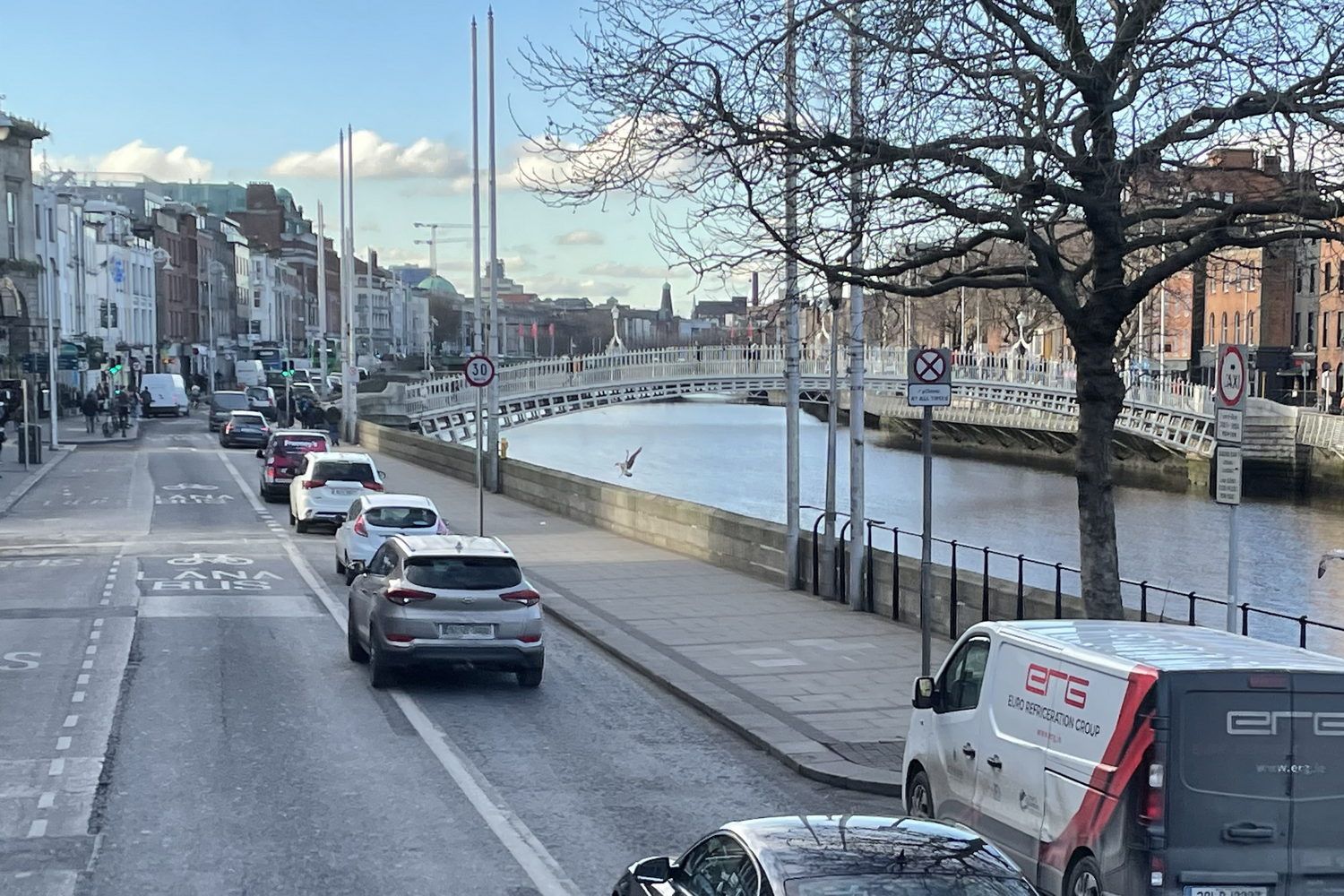The EU gave the continent's car makers something of a break this month by relaxing the rules on emissions standards a little, pushing back the spectre of multi-billion Euro fines for exceeding the regulations on how much average CO2 a car maker's fleet of models can emit.
So, has the EU scrapped its CO2 targets?

No, it hasn't. The EU says that the commitment to phasing out sales of new combustion-only models by 2035 remains in place, and so too do the regulations governing average CO2 emissions - each year between now and 2035, each car maker's average fleet emissions - judged on the cars it sells not merely the cars it offers for sale - must reduce by a certain amount. The measure was introduced to try and speed up the development of new electric models.
That has worked to an extent - many more electric cars are now on sale than there were five years ago, and many, many more are on the way, while the European Environment Agency estimates that total CO2 emissions from private cars fell by 28 per cent between 2019 and 2023. Nonetheless, European customers have remained at best indifferent towards EVs, citing worries over higher purchase costs and charging concerns.
How can you sell EVs to people who don't want them?

Quite. This left the car makers in an invidious position - they had spent billions developing lineups of electric models, but customers were not buying them, and the fines are levied on each gramme per km of CO2 emitted over the allowed limits, multiplied by each car sold.
The ACEA, the umbrella body that represents Europe's car makers, estimated that the industry was going to face €16 billion in fines in 2025. Volkswagen alone would have faced a €1.5 billion fine if it failed to meet the circa 20 per cent EV sales figure for 2025, which seems unlikely given that the current EU-average electric vehicle market share is around 15 per cent.
So, EU Commission president Ursula von der Leyen has now said that the fines will be postponed - no fine will be payable until at least 2027 now, although the actual CO2 limits will remain in place. Car makers which fail to hit their 2025 limits will have until the end of 2027 to improve their performance and make up any shortfall.
“The targets stay the same. But it means more breathing space for the industry, and it also means more clarity,” said von der Leyen. "There's a clear demand for more flexibility on CO2 targets. Instead of the annual compliance, companies will get three years.”
It means that car makers must still hit an average of 93.6g/km of CO2 for all new car deliveries in 2025 and 49.5g/km by 2030 and finally reach zero emissions by 2035. The relaxation of the fines system means that the car industry can now average its sales performance across 2025, 2026 and 2027 to meet its targets.
So, is this good news?

It depends on your perspective. Most of the car industry has welcomed the move, not merely because it means avoiding massive fines at a time of sluggish sales and an uncertain global economic outlook, but also because it means that the car makers don't have to go begging to US or Chinese electric car makers to buy 'carbon credits' to avoid the fines.
Volkswagen's chief executive Oliver Blume said that the change represents “a great opportunity... to align climate protection, competitiveness and economic progress in this challenging geopolitical situation.”
Stellantis, which includes the likes of Peugeot, Citroen, Opel, Fiat, Jeep and many more, also welcomed the move saying in an official statement: “An extended compliance period is a meaningful first step in the right direction to preserve the competitiveness of our sector while remaining faithful to the targets and committed to electrification. It is now important that the proposed targeted amendment be turned into law quickly. This initiative, together with further support to targeted purchase and fiscal incentives, cheaper green energy and investment into charging infrastructure, can be a real accelerator in the ramp up towards electrification.”
However, not everyone's happy. Jim Rowan, chief executive of Volvo, one of the few car makers exceeding its current targets, said: “Europe can't afford electrification to fail, or to delay the transition. We can't keep kicking the can down the road.”
Eco-think-tank Transport & Environment (T&E) also criticised the move, saying that it must be the last such concession to car makers on the road to net-zero. Julia Poliscanova, senior director, vehicles and e-mobility, at T&E said: “The car industry is already calling for further concessions before the ink is even dry on this plan. But tariffs and other global headwinds will not be alleviated by slowing down electrification. This will only give China an even greater lead on electric cars. This EU plan must mark a line in the sand if the European industry is to finally catch up.”
However, T&E did welcome the simultaneous announcement of more backing for the stuttering battery-making industry in Europe. “The age of innocence about China's state-backed battery industry must come to an end. If the EU is serious about this clean tech being produced in Europe, financial support focused on scaling and local content requirements are needed now. Three years after the US Inflation Reduction Act, the time for reflection is over. This support should be open to all producers, but foreign companies must be required to share their knowledge just as European carmakers had to do” said Poliscanova. T&E also welcomed EU proposals to accelerate the uptake of electric vehicles for company car fleets.






